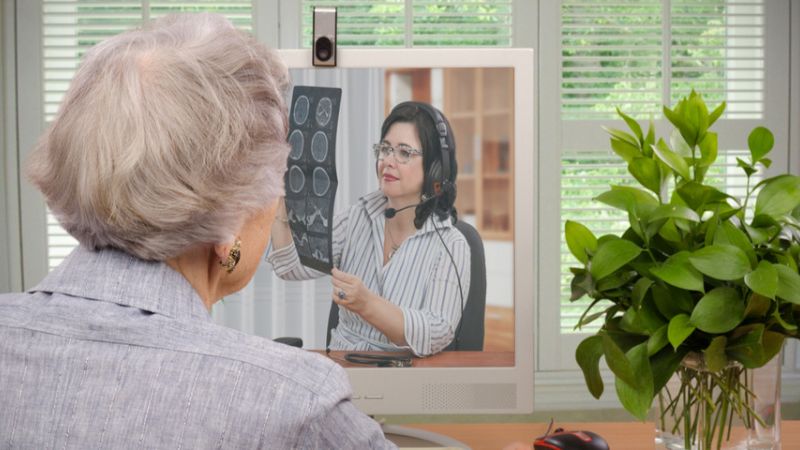On April 9, 2019, the FBI announced and officials from the Department of Justice announced that they had uncovered one of the largest Medicare fraud schemes in American history. The U.S. government brought criminal charges against 24 people who were implicated in an international Medicare fraud ring by billing out over one billion dollars on unnecessary medical equipment, including back, shoulder, neck, and wrist braces.
Medical equipment companies here in the U.S. are being accused of hiring firms in the Philippines “to recruit individuals, through advertising on television or online, who were Medicare patients and may or may not have had a medical need for the braces.” The U.S. companies then paid medical doctors kickbacks to prescribe these recruited individuals with medical braces that they didn’t necessarily need.
The unusual part of this scam? The doctors never actually met the patients that they were prescribing medical equipment for. They spoke with patients under the guise of being a telemedicine service, chatting with each patient briefly before writing them a prescription.
With the rise of telehealth services, this Medicare fraud bust brings up important questions that we need to be asking. How safe is telemedicine? Are telehealth services real or are they fraudulent? How can consumers know that they are real or not?
The Rise of Telehealth Services In the U.S.
Although advancements in technology had been pushing us closer to utilizing telemedicine for decades, it didn’t really become a reality for the masses until recently. In the early 2000s, healthcare organizations began adopting telehealth services technology in an effort to help modernize and transform the industry.
In fact, last year the U.S. Department of Veterans Affairs launched telehealth services for veterans in an effort to provide services to those in a remote location, or to those who were unable to travel long distances to receive care at their closest VA hospital. Medicare also covers telemedicine, as well as Aetna, Cigna, and Blue Cross Blue Shield, acknowledging that it’s a way to combat doctor shortages and encourage preventative medicine.
Most Americans now have technology built into their computers that enable them to participate in telehealth services, such as FaceTime video or Skype. Care then becomes more convenient and affordable for patients who can see doctors in the comfort of their own homes. There are always people who try to scam the system, however, so it helps to know what differentiates real telemedicine services vs. scams.
How to Spot A Telemedicine Scam
While telemedicine can have some wonderful benefits for patients, the impersonal nature of it can leave many feeling confused or wanting more. Here are a few ways to know that the telehealth services you’ve found might be a scam:
1. They ONLY suggest talking to you virtually. In most cases, telehealth services aim to work in tandem with in-person visits to a physician. Seeing a doctor regularly is still necessary, especially if you’re receiving a major diagnosis for the first time. Virtual doctor appointments aim to supplement these visits and improve the efficiency of time and money for both the patient and the doctor.
2. They reassure you that your health insurance will cover the payments. Telemedicine technology and services can be run by third parties that are not necessarily directly affiliated with a health insurance company. A telemedicine company that is operating above boards will encourage you to check with your insurance provider before moving forward to make sure that your telehealth services are covered.
3. They are willing to write you a prescription without ever meeting you in person. A big red flag for Medicare fraud is any type of physician who will write you a prescription for pharmaceuticals without meeting with you in person first. In fact, receiving a script for drugs through a cyber doctor is illegal and a definite sign of Medicare fraud.
Like other types of scams aimed at seniors or senior-related services, Medicare fraud schemes are set up to seem as authentic as possible, with just a few things that are a little “off” to lure in unsuspecting people. It’s important to remain in-the-know about the latest scams in order to protect yourself and your loved ones against them.

